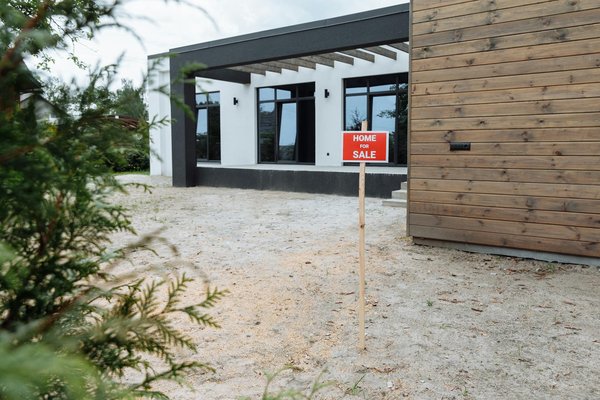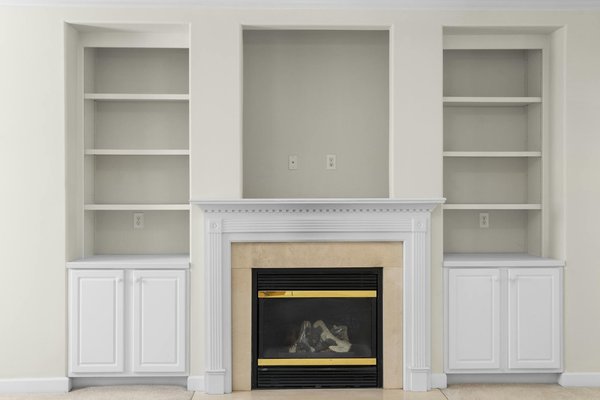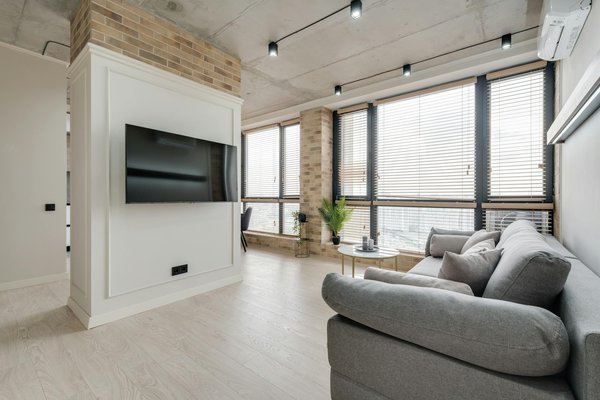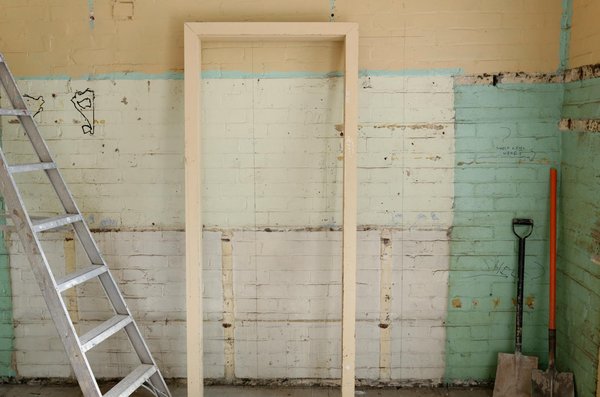📰 Plasticollage
Welcome to Plasticollage
Your source for Home (EN) insights. Explore our articles and guides.

Our topics
Explore all our Home (EN) content
Deco
Interior decoration and trends
Equipment
Equipment and appliances
Garden
Gardening, plants and outdoors
House
Home maintenance and living
House moving
Moving tips and organization
News
Home and housing news
Real estate
Property, buying and renting
Swimming pool
Pools, spas and maintenance
Works
Renovation and DIY projects
“
A fantastic site, I read it every day.

Why Plasticollage?
A passionate team dedicated to Home (EN).
- Quality articles
- Practical guides
- Expert insights
- Daily updates
Latest articles
Our recent publications


Deco
How Can You Incorporate Eco-Friendly Practices into UK Home Décor?

Deco
How Can You Transform Your Home's Ambiance with Simple UK-Inspired Decor Changes?

Equipment
How can UK homeowners improve air quality with smart air purifiers?

Equipment
How do UK homes improve air quality with smart ventilation systems?

Equipment
What are the best ways to maintain UK home heating systems?

Garden
How can container gardening enhance your UK home garden?

Garden
How Can UK Gardeners Personalize Their Outdoor Space?

Garden
What Unique Trends Are Defining the Future of UK Home Gardens?

House
How Can Design Choices Transform Your UK Home?

House
How can UK homeowners prepare their homes for extreme weather conditions?

House
How can you transform your UK attic into a functional living space?

House moving
How can you ensure security during a UK home move?

House moving
What Are Some Unforeseen Challenges of Relocating to a New Home in the UK?

House moving
What are the legal considerations when moving homes in the UK?

News
How Might Recent Housing Policies Impact UK Communities?

News
How Will New Government Policies Impact the Daily Life of UK Residents?

News
What impact do government policies have on UK housing prices?

Real estate
How Will UK Homebuyers Navigate the Real Estate Market in the Future?

Real estate
What Are the Key Factors to Look for When Choosing a Home in the UK Real Estate Market?

Real estate
What Factors Are Influencing Property Prices in the UK Market?

Swimming pool
How Can Having a Home Swimming Pool Transform Your Lifestyle in the UK?

Swimming pool
How can you maintain the cleanliness of your UK home swimming pool?

Swimming pool
How Can You Make the Most of Your UK Home Swimming Pool This Summer?

Works
How Can You Create a Cozy Reading Nook at Home?

Works
How Do UK Homeowners Choose the Perfect Color Palette?

Works
What Are the Pros and Cons of Remote Working from Home in the UK?
Frequently Asked Questions
Are the articles free?
Yes, all our content is freely accessible.
How often do you publish?
We publish several articles each week.
Can I contribute?
Contact us to submit your articles.
How can I stay updated?
Subscribe to our newsletter.
